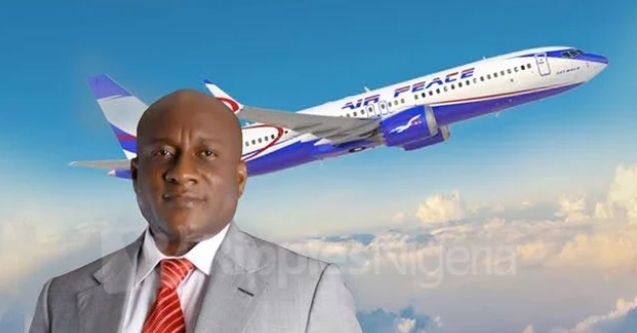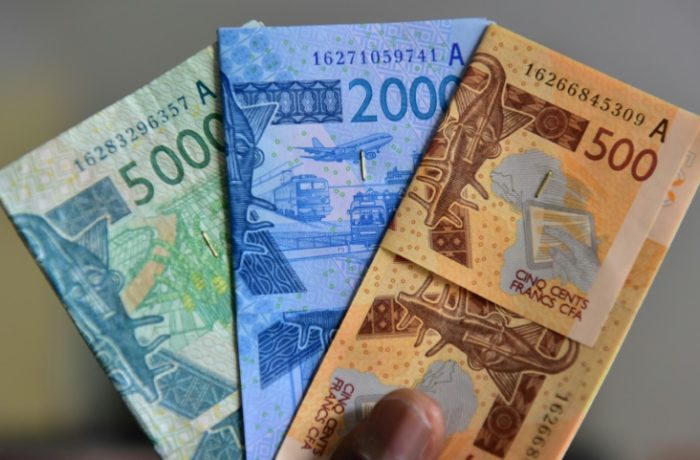January 26, 2019/FICAN
Former Chief Economist/Group Head, Research & Economic Intelligence Group a Zenith Bank Plc, Marcel Okeke has said the plan by Economic Community of West African States (ECOWAS) to achieve single currency for the region by 2020 is no longer realistic.
He spoke at the Finance Correspondents Association of Nigeria (FICAN) 2018 Economic Review and 2019 0utlook held in Lagos at the weekend.
Okeke, who is now the Lead Consultant, Mascot Consult Limited, said single currency for the region comes with some challenges and criteria that many of the members countries will not be able to meet.
According to Okeke, the ECOWAS common currency has been on for many years and needs the member countries to attain key milestones for its successful takeoff.
“It is not certain that it will happen in 2020. For instance, a country like Nigeria and other countries must not have inflation rates that are double digits. They must not have exchange rates that move up and down. So, there must be stability in all those indicators across board. As I stand with you, many member countries have not attained this feat,” he said.
Continuing, he said there are pros and cons for its implementation. “You see, some member countries of the Euro zone are having serious economic problem, which is robbing off on the rest of the members.That is the type of challenge we might have in ECOWAS and I do not believe that the common currency plan will happen by years 2020,” he added.
Speaking on the banking system, Okeke said that banks do not operate in a vacuum but are product of the domestic economy where they do their business. “They are parts and parcel of the economy. All these variables, if the economy is doing well, generally, the banks will also be doing well. On the other hand, how well a bank does, is also a function of creativity. The truth is that even in an economy as bad as this, some businesses are still doing well in the system. And so, a bank that is efficient, no matter the odds in the system, will keep on doing well,” he said.
Continuing, he said: “If you check, and if one of us have one or two accounts or three, you will notice that whatever you do with your phone, there is a service charge. Those charges were not there years back. It means those banks are becoming more creative. And you cannot on the course of that, decide to keep your money under your pillow in your house. As long as you keep banking your money, and they keep making those gains, and adding them to their performance, and balance sheet, they will keep doing well”.
According to Okeke, banks are also careful as to who to lend money to because of interest rates on loans. “The essence is that if the rates are high, they will not be keen on lending to everyone that comes. So, that means that want to give money to borrowers with capacity to repay the loans”.
“In a nutshell, those banks that have been doing well ill keep doing well. That means there will not be undue exposures to the banks. I will say that the banks the are doing well to do well, head or tail. Some of the banks are going into forced mergers and acquisitions, but many other banks are still waxing stronger,” he stated.
Speaking on the economy, he said foreign exchange reserves in Nigeria decreased to $41.99 billion in November from $42.13 billion in October of 2018 adding that the Nigeria’s external reserves inched up to $42.54 billion at the end of December.
The figures, he said, showed a decline by $5.25 billion, compared with the $47.788 billion it was as at the end of June, 2018. “It stood at $43.28 billion as at January 21, 2019. The combination of rising yields in advanced economies, particularly in the United States coupled with growing concerns about the global economy due to the trade spat between the US and China have led to a reversal of capital flows in emerging markets. Elevated tensions in the political economy will further compound the concerns of foreign investors, leading them to migrate to safe haven high-quality assets in advanced economies,” he added.
Speaking on inflation, he said the annual inflation rate in Nigeria fell to 11.26 per cent in October of 2018 from 11.28 percent in the previous month. “According to the National Bureau of Statistics (NBS), the headline index rose to 11.23 per cent (year-on-year) in August 2018, up from 11.14 recorded in July 2018. It has risen to 11.28 per cent in November and ended 2018 at 11.44 per cent. The rise in the headline index is traceable to the persistent surge in food inflation index. Inflation rate stood at 15.37 per cent in January, 2018,” he stated.














